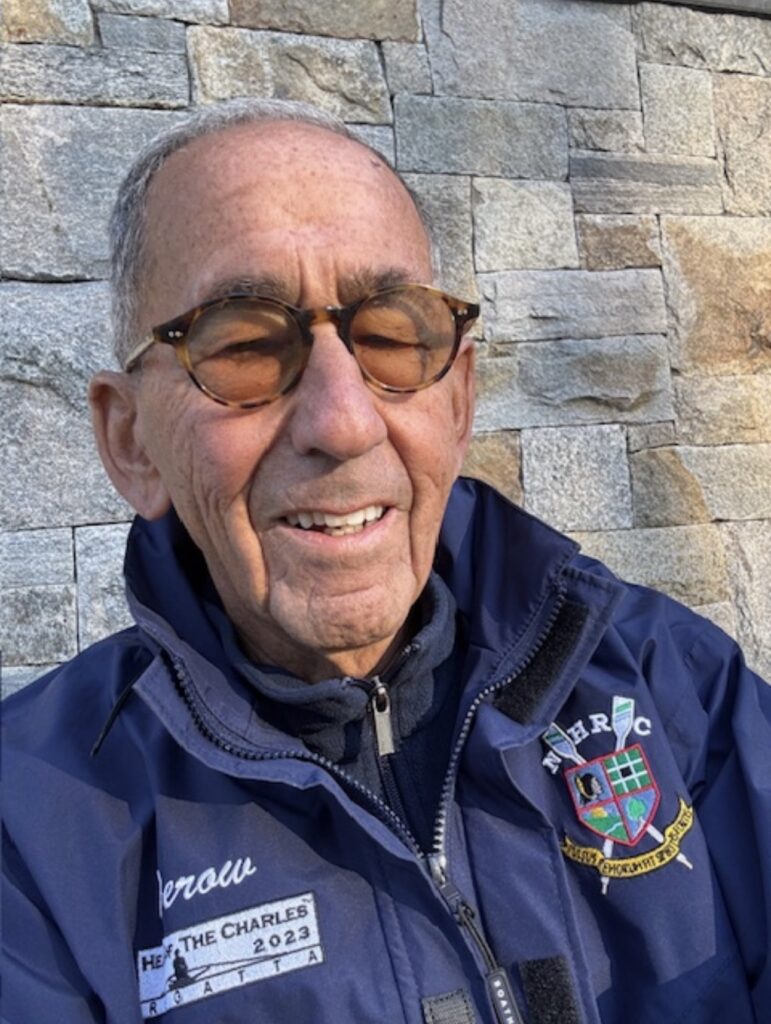The ability to efficiently work as a part of a team is an important skill which can be developed through sports like rowing. Rowing can be one of the most effective tools for teaching teamwork and leadership to young people. As Peter A Derow points out, rowing is a sport that provides a myriad of opportunities for leadership development. Even though the coxswain often assumes a leadership role, other rowers also develop leadership qualities through their responsibilities in the boat.
Peter A Derow sheds light on the leadership lessons learnt through rowing
Rowing is a quintessential team sport, where no one can win a race alone. While one may row in a single scull, it is much more enjoyable to row with others in a larger boat, with eight or four rowers. Collaboration and team work is critical in rowing, like in many corporate settings. Harmonious rowing has a direct impact on the speed and stability of the boat, which essentially determines the winner of the race. Effectiveness in meeting the goals is determined by the quality of teamwork, like the synchronized strokes of the oars.

Teamwork is about the collaboration of diverse personalities and minds, steered by a clear direction. It is about inspiration and trust as well. A leader needs to be confident in the ability of their team to take on responsibility together. At the same time, it is imperative for leaders to inspire their members to make a difference together. In most rowing clubs, people of varying ages and walks of life row together. Even though members of a crew might be very different from each other, they have a common goal, which is to move the boat forward. This lesson can be applied at work as well. Team members at a company may have diverse roles, responsibilities and viewpoints, but all of them would have a common goal of ensuring the success of the enterprise.
Another important leadership lesson learnt through rowing is that at times it is important to look back to move forward. While rowing, one would sit in the boat facing the stern. This means that their back shall be turned towards the front of the boat, towards the finishing line. The rower would know the direction, and can gauge the speed, but will not have their eyes on set on the goal. They need to depend on the coxswain to steer to the finishing line. Not seeing what lies ahead is not uncommon in this fast-paced business landscape of today. Even though one may know which direction they are heading towards, the currents and waters towards the goal keep changing. A good navigator acknowledges the past in order to identify the best path for the future.
As Peter A Derow mentions, rowing teaches people to focus on the essential and stay persistent. Through this sport, one can learn how to clear their mind and concentrate on what is most important. It is only natural for the mind to wander on the boat, especially on a beautiful day. However, all seasoned rowers only focus on one thing, which is to move the boat with harmonious strokes.

